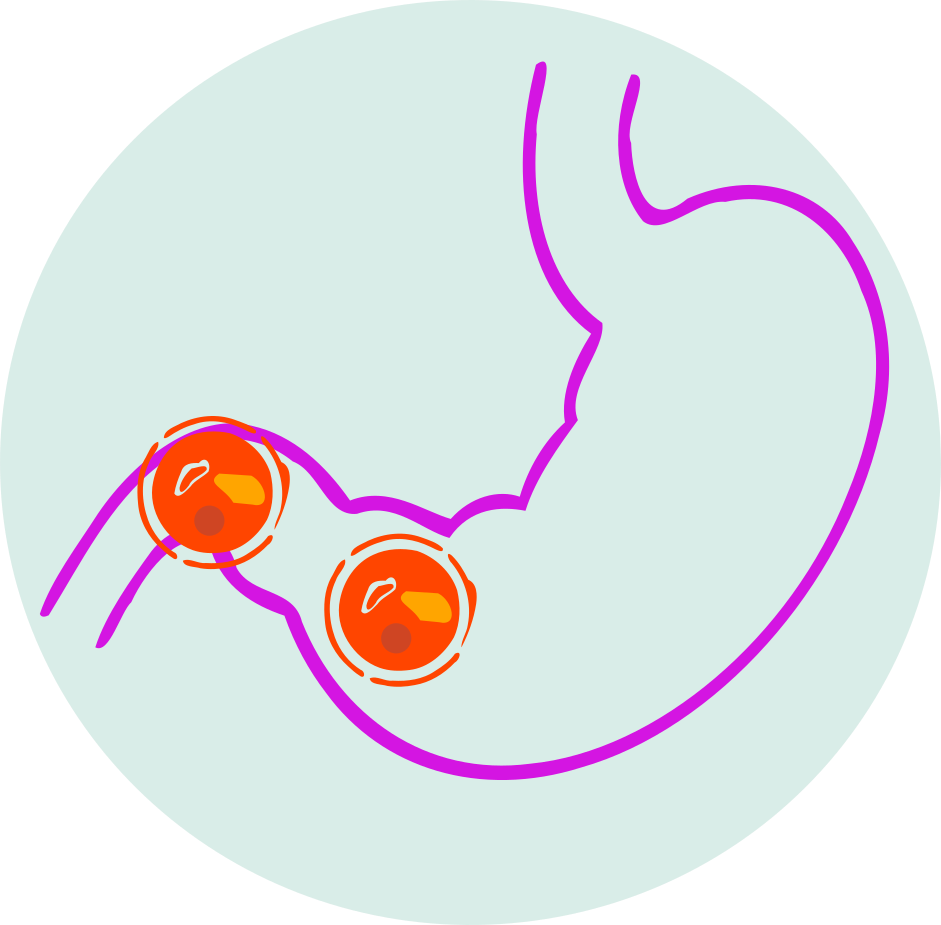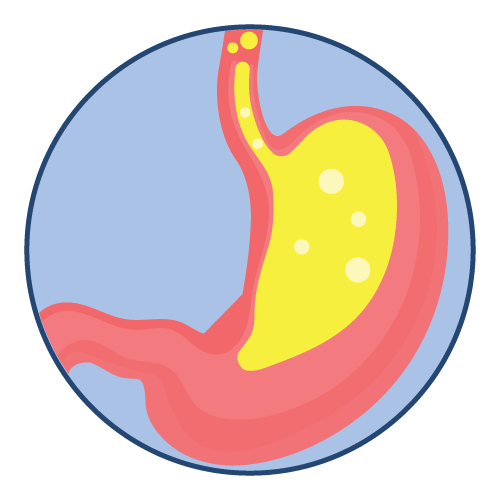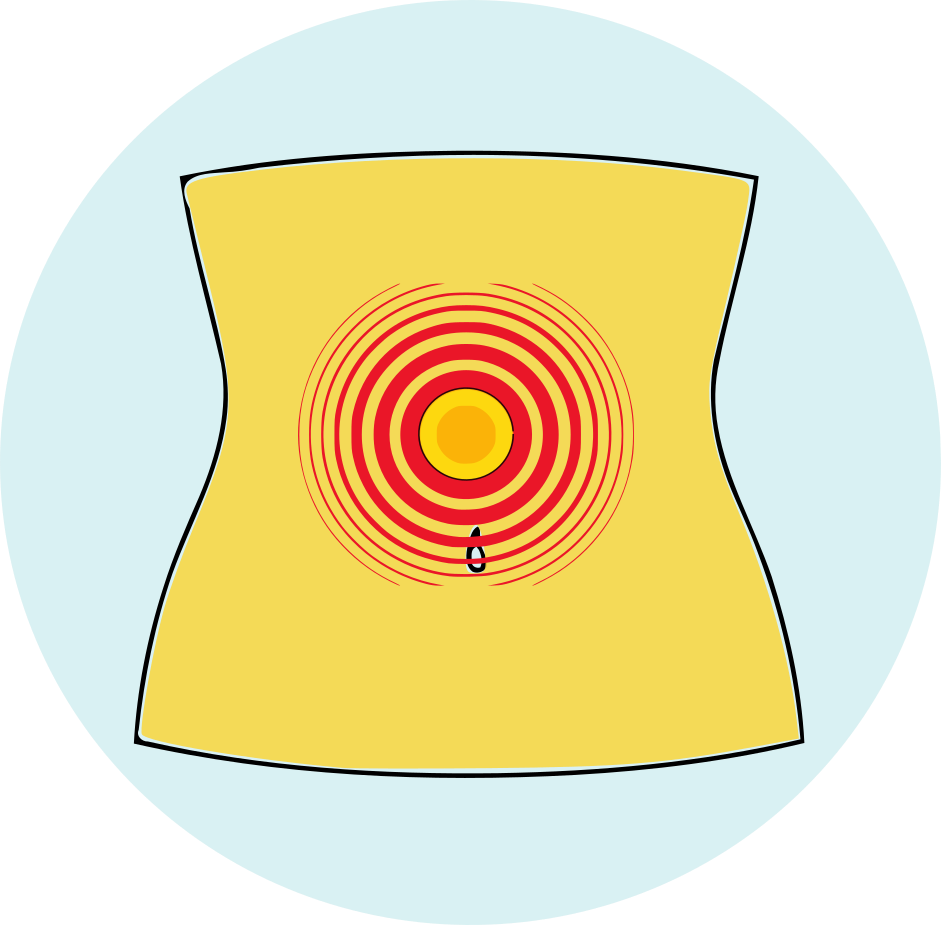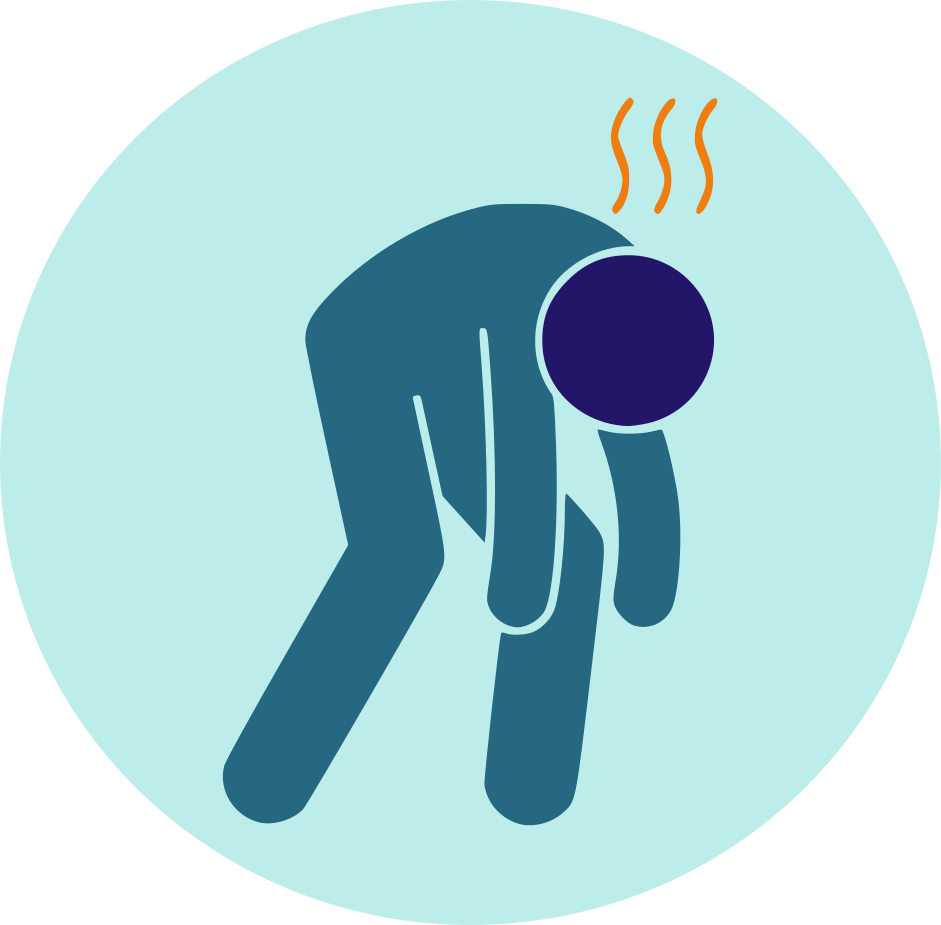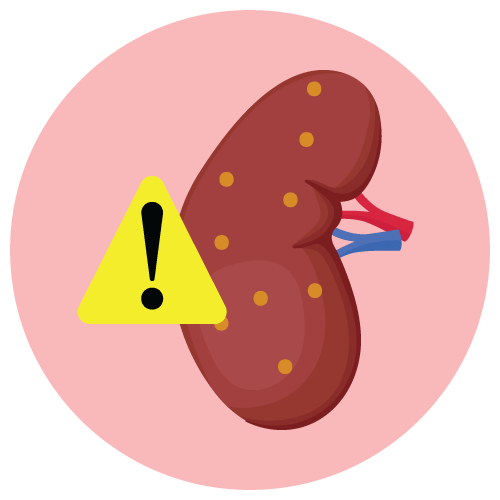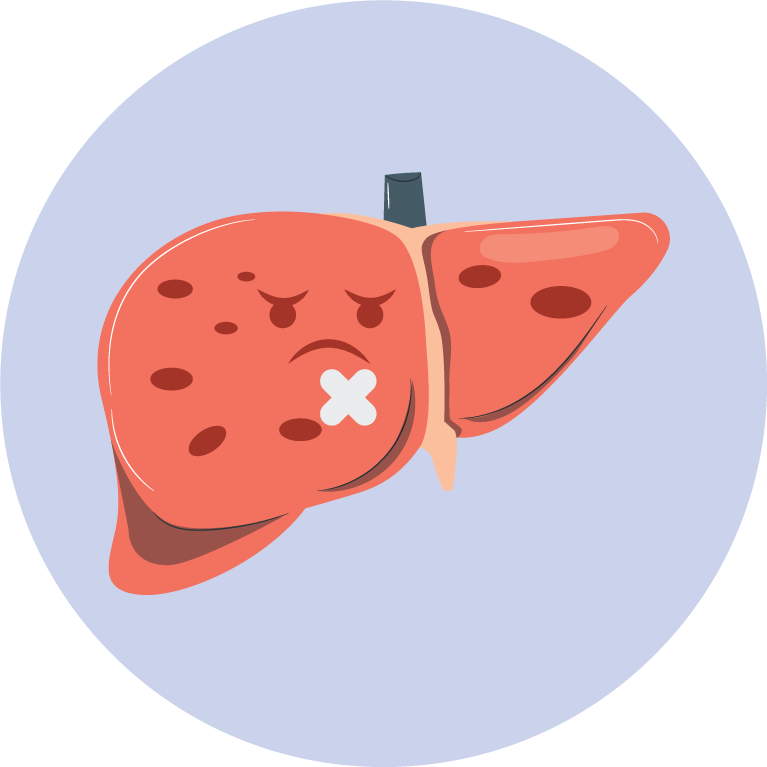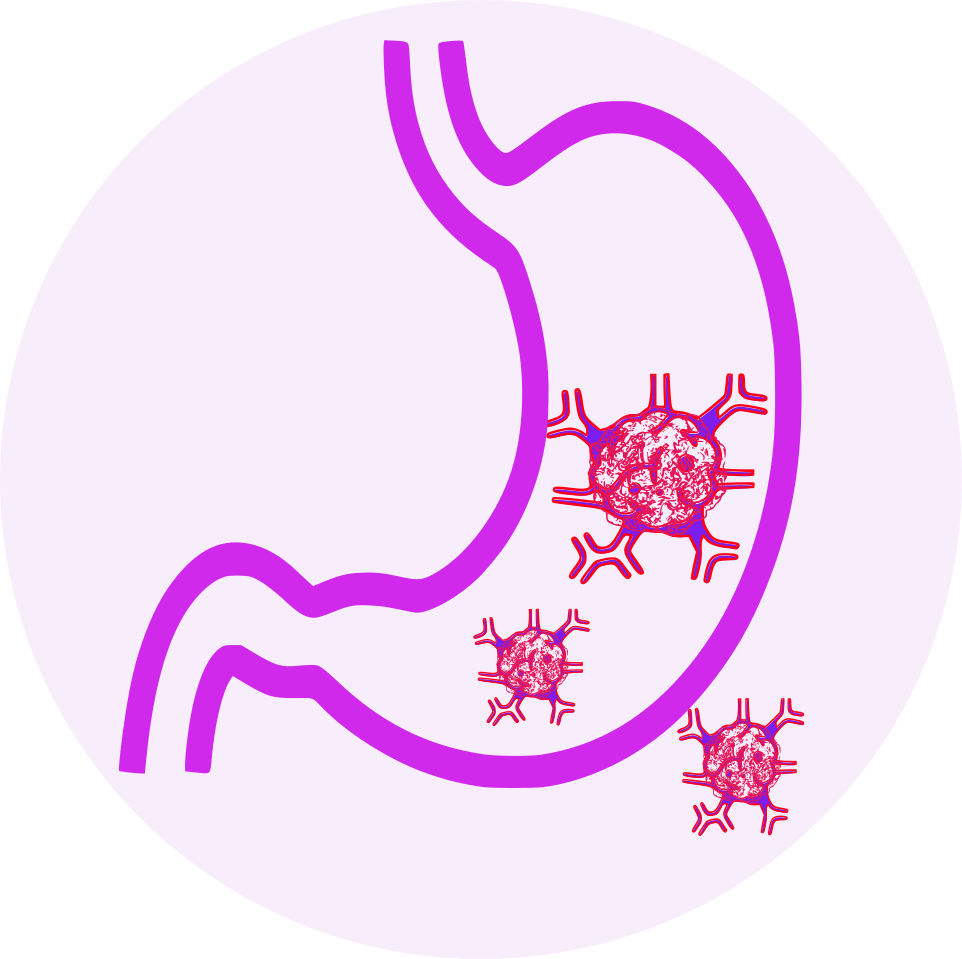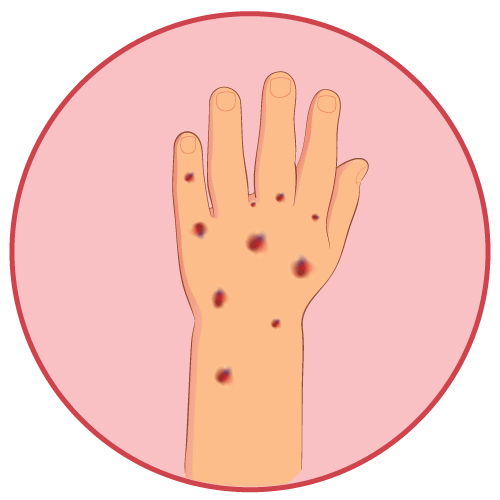| Name | Roxatidine |
| Classes |
Gastrointestinal Agent Antiulcerants H2 Blocker / Histamine-2 Receptor Antagonist |
| Diseases |
Dyspepsia Gastrointestinal Disease GERD (Gastroesophageal Reflux Disease) Heart Burn Ulcer |
Roxatidine
Roxatidine is a histamine H2-receptor antagonist that belongs to the class of drugs called anti-ulcer agents. It works by selectively blocking the histamine H2-receptors on the parietal cells in the stomach, reducing the production of gastric acid and thereby providing relief from conditions like peptic ulcer disease and gastroesophageal reflux disease.
Roxatidine is indicated for the treatment of:
- Active duodenal ulcer
- Active benign gastric ulcer
- Gastroesophageal reflux disease (GERD)
- Zollinger-Ellison syndrome
- The dosage of roxatidine varies depending on the patient's age, condition, and severity of symptoms. The usual adult dosage is 75 mg twice daily for the treatment of duodenal and gastric ulcers and 150 mg twice daily for GERD. For Zollinger-Ellison syndrome, the dosage may be as high as 300 mg four times daily.
- The recommended dosage for pediatric patients (12 years and older) with duodenal ulcer is 75 mg twice daily, and for GERD, it is 75-150 mg twice daily.
Common adverse reactions of roxatidine include:
- Headache
- Nausea
- Diarrhea
- Abdominal pain
- Dizziness
- Fatigue
Before taking roxatidine, patients should be aware of the following warnings and precautions:
- Allergic reactions: Patients who are allergic to roxatidine or any other H2-receptor antagonist should not take this medication.
- Kidney and liver problems: Patients with impaired kidney or liver function should be monitored closely when taking roxatidine, as it may affect their ability to eliminate the drug from their system.
- Cardiovascular effects: H2-receptor antagonists like roxatidine may cause QT interval prolongation and arrhythmias, especially in patients with underlying cardiac disease.
- Gastric malignancy: Roxatidine should not be used to treat gastric ulcers in patients suspected of having gastric malignancy.
- Pregnancy and lactation: The safety of roxatidine during pregnancy and lactation has not been established, and it should only be used if the potential benefits outweigh the potential risks.
- Interactions with other drugs: Roxatidine may interact with other medications, including antacids, anticoagulants, and benzodiazepines.
Contraindication
Roxatidine is contraindicated in patients with a history of hypersensitivity to the drug or any other H2-receptor antagonist such as-
None known.
- It should not be used in patients with renal or hepatic impairment, or in those with a history of porphyria.
- Roxatidine is also contraindicated in patients with gastric malignancy or suspected gastric malignancy.
 Bangla
Bangla English
English